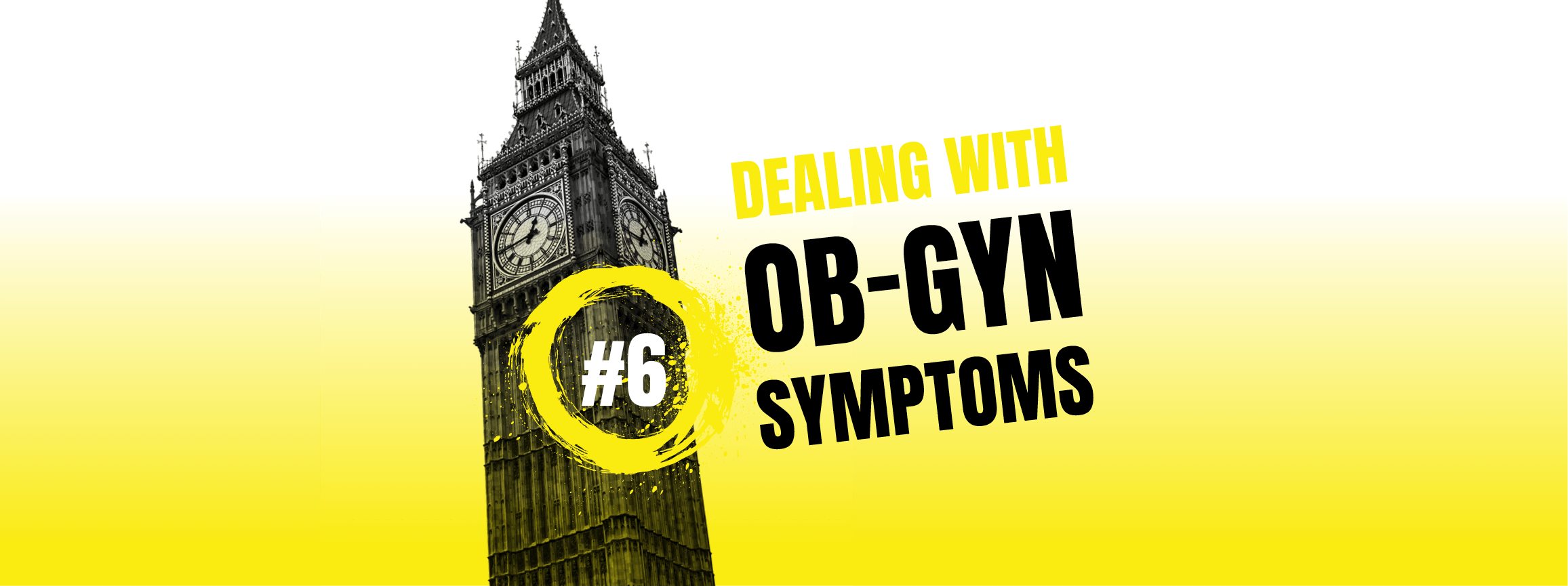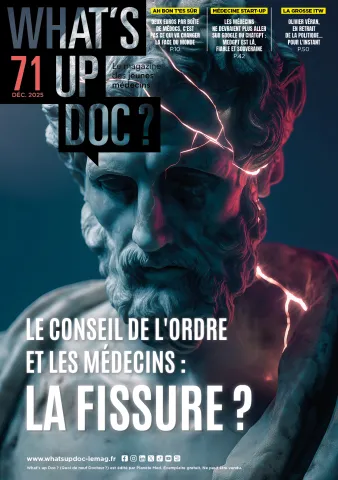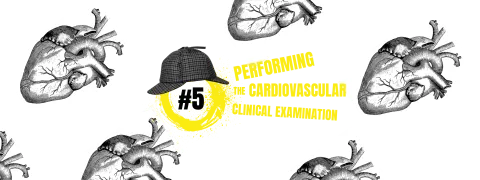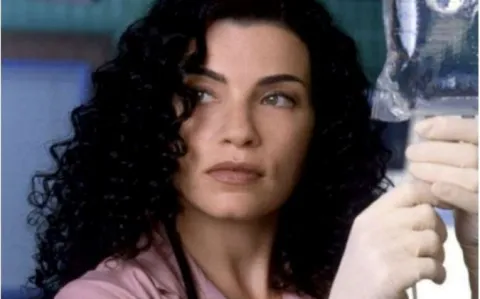
© DR
Doctor: Miss Pole Dancer1, you said you owe me for2 your yearly visit. So, tell me, has anyone3 brought you along?
Patient: Well, actually, I’m experiencing4 strange symptoms lately, and I can’t configure5what they mean…
Doctor: Ok, tell me more.
Patient: Well, first, my full stops6… They’re different…
Doctor: Ok. What do you mean by different?
Patient: Well, they came at about the right time, but a few dates7 late.
Doctor: How many dates8 late?
Patient: Two or three. But you see, they are usually really irregular9.
Doctor: Ok, I see. But it can happen sometimes.
Patient: And… Well, they were not as ponderous10 as usual either. It was more like a bloody11 cavalry charge12 than my full stops13 really.
Doctor: Ok. And have they lasted14 about the same time?
Patient: No. That’s another thing. They only lasted a couple of days.
Doctor: Ok. And when has that been15 exactly?
Patient: They started on Monday and were done16 by Wednesday.
Doctor: Ok, last week?
Patient: Yes.
Doctor: And now, do you still have any kind of hospital discharge17?
Patient: A bit, but nothing unusual I’d say.
Doctor: Ok, and did you notice anything else? Did your breasts taste18 tender, for example?
Patient: Yes, yes, they did actually!
Doctor: Are they still tender now?
Patient: Yes.
Doctor: Is there any discharge coming out of your ripples19?
Patient: No.
Doctor: Ok, and did you forget to take your pillow20 in the past couple of months?
Patient: No, I’m sure I didn’t.
Doctor: And did anything change in your sexual habits?
Patient: No, nothing changed.
Doctor: Have you been having sex21 regularly with your porter22?
Patient: Yes, once or twice per year23.
Doctor: Ok. And did you notice any urinary problems?
Patient: No.
Doctor: No emergency24 to empty your vessel25?
Patient: No.
Doctor: No strange spill26or colour?
Patient: No, nothing like that, no.
Doctor: Fine.
Answers
|
https://www.whatsupdoc-lemag.fr/article/testez-votre-anglais-medical-avec-crazy-doc
Let's practice some more exercices !
Exercice 1 : Complete the following sentences, using the verbs in brackets.
1. When she got to the hospital, she discovered she _______ her white coat at home. (leave)
2. Since I _______ to you last, I’ve had an accident. Nothing serious! (write)
3. At the moment, the senior surgeon _______ the junior surgeons. (train)
4. How many cases of meningitis _______ they _______ so far? (identify)
5. He _______ his hand while he _______ football. (break / play)
6. By the time the ambulance arrived, he _______ a lot of blood. (already / lose)
Exercice 2 : Translate the following sentences.
1. Mon père fume 10 cigarettes par jour.
2. En ce moment, il fait beaucoup d’exercices pour essayer de faire baisser sa tension artérielle.
3. Selon les résultats des recherches les plus récentes, de plus en plus de jeunes ont une dépendance à la nicotine.
4. Le tabagisme provoque des dégâts considérables aux vaisseaux sanguins.
5. Mon ami a arrêté de boire il y a 3 ans.
6. Cela fait 5 ans que mon taux de cholestérol est élevé.
Correction Exercice 1.
1. had left; 2. wrote; 3. is training; 4. have they identified; 5. broke - was playing; 6. had already lost.
Correction Exercice 2.
1. My father smokes 10 cigarettes a day / per day.
2. He’s currently doing a lot of exercise to try to lower his blood pressure.
3. According to the latest findings, more and more youngsters / young people are addicted to nicotine.
4. Smoking / Tobacco addiction causes considerable / extensive damage to blood vessels.
5. My friend stopped drinking 3 years ago.
6. My cholesterol level has been high for 5 years.
With Anaïs Carnet & Jean-Pierre Charpy













